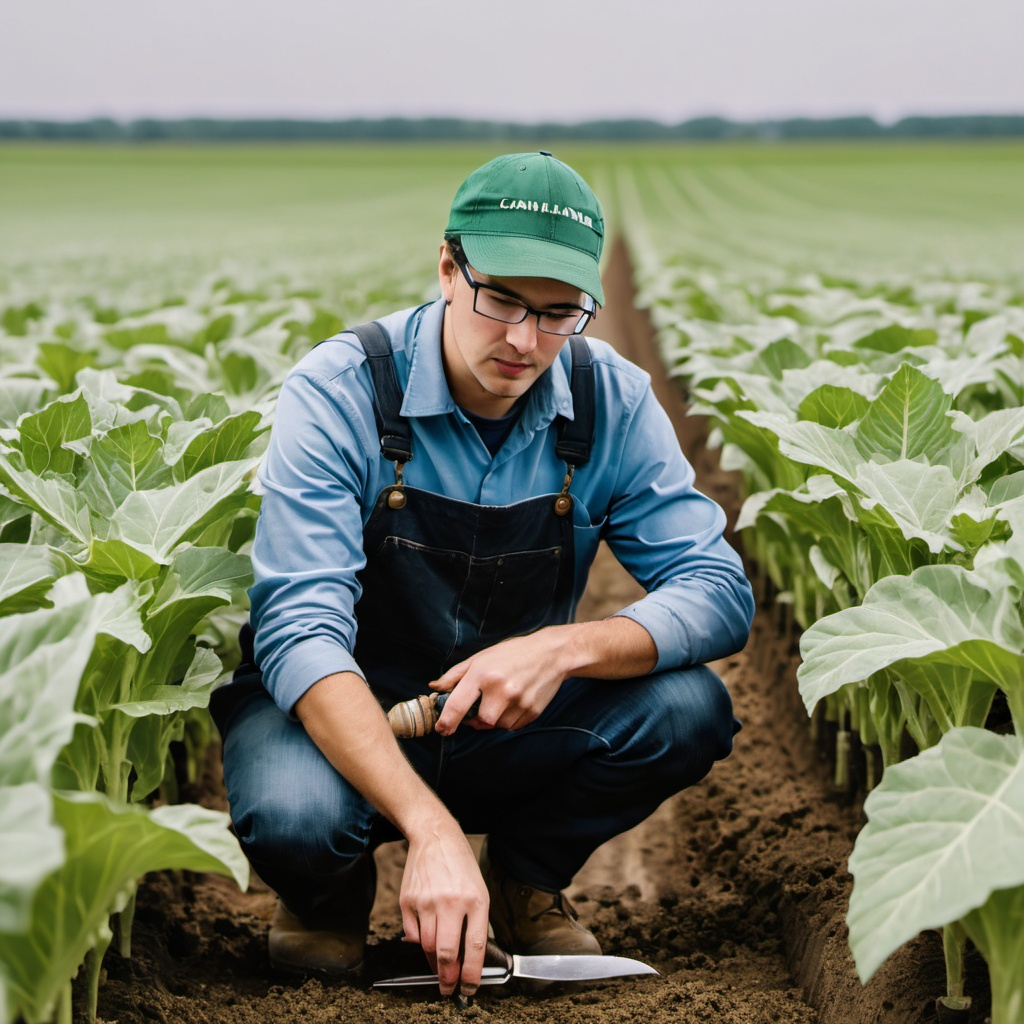
Agricultural Technicians
Agricultural technicians support agricultural scientists and researchers by conducting experiments, collecting samples, and analyzing data. They work in various settings, including research laboratories, greenhouses, and farms. Technicians are responsible for operating and maintaining scientific equipment and ensuring that research projects adhere to safety and regulatory standards.
Farm Managers
Farm managers oversee the daily operations of farms and agricultural enterprises. Their responsibilities include managing crops and livestock, coordinating with suppliers and vendors, budgeting, and ensuring compliance with regulations. Effective farm management requires a combination of technical knowledge, business acumen, and leadership skills.
Crop Advisors
Crop advisors, also known as agronomists, provide guidance to farmers on optimizing crop production. They analyze soil conditions, recommend crop varieties, and suggest best practices for pest control and fertilization. Crop advisors help farmers increase yield and sustainability while minimizing environmental impact.
Agricultural Engineers
Agricultural engineers design and develop machinery, equipment, and systems to improve agricultural processes. They work on projects related to irrigation systems, crop harvesting equipment, and farm infrastructure. Their role is crucial in enhancing efficiency and productivity in the agricultural sector.
Livestock Specialists
Livestock specialists focus on the health and management of farm animals. They work to ensure that livestock are well-fed, healthy, and free from diseases. Livestock specialists may also be involved in breeding programs, genetic improvement, and ensuring compliance with animal welfare regulations.
Agricultural Sales Representatives
Agricultural sales representatives market and sell agricultural products and services, such as seeds, fertilizers, and machinery. They work directly with farmers and agricultural businesses to understand their needs and provide tailored solutions. Strong sales skills and knowledge of agricultural products are essential for success in this role.
Agricultural Consultants
Agricultural consultants offer expert advice to farmers and agricultural businesses on a range of issues, including farm management, crop production, and environmental sustainability. They conduct assessments, develop strategies, and provide recommendations to help clients achieve their goals and improve their operations.
Soil Scientists
Soil scientists study soil properties and processes to support agricultural productivity and environmental conservation. They analyze soil samples, assess soil health, and provide recommendations for soil management practices. Soil scientists play a key role in ensuring that soils are used sustainably and effectively.
Agricultural Policy Analysts
Agricultural policy analysts research and analyze policies affecting the agricultural sector. They evaluate the impact of regulations, subsidies, and trade agreements on farmers and the industry as a whole. Their work helps shape agricultural policies and strategies at both the government and organizational levels.
Agricultural Extension Workers
Agricultural extension workers bridge the gap between researchers and farmers by providing education and support. They organize workshops, training sessions, and field demonstrations to disseminate knowledge and promote best practices. Their role is vital in ensuring that farmers have access to the latest research and technology.